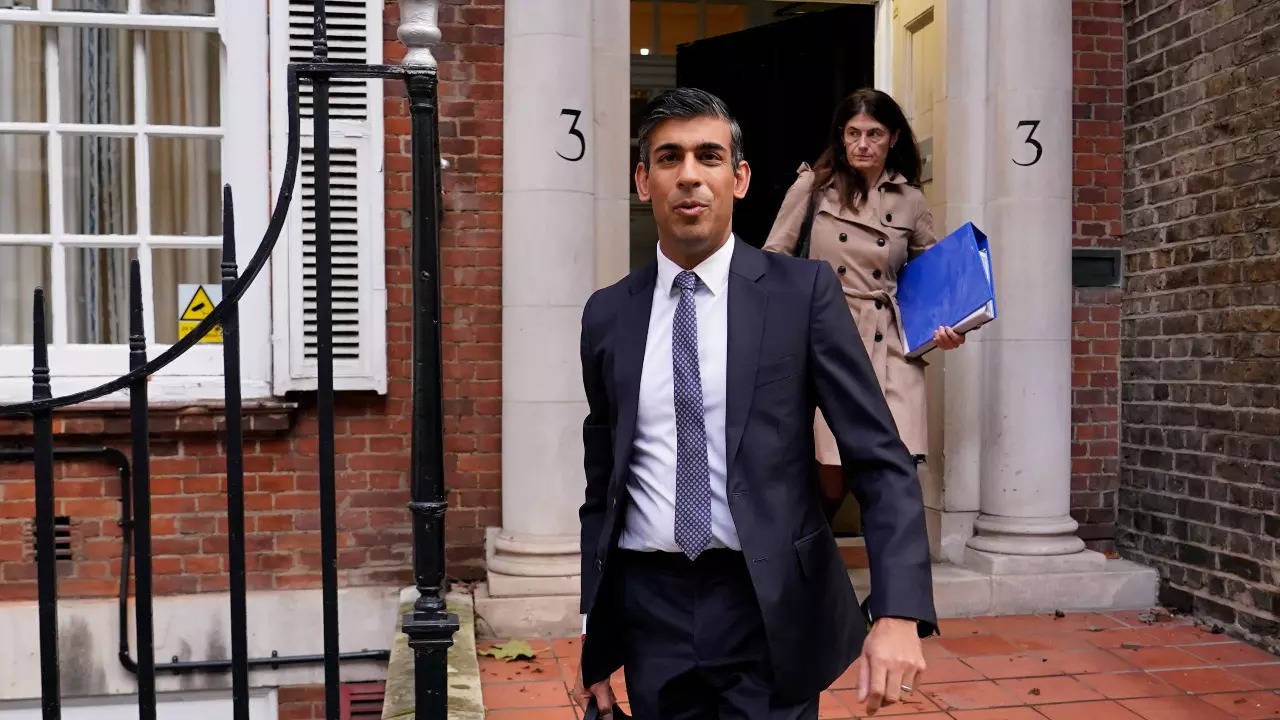In a potential setback for Prime Minister Rishi Sunak’s key priorities in 2023, the national debt of the United Kingdom has reached 100% of the country’s GDP. This development casts doubt on the government’s third target of reducing the national debt, as recently released figures from the Office for National Statistics (ONS) reveal that the debt has surged to its highest level in over 60 years.
As of May, the public sector debt stood at £2.567 trillion, equivalent to 100.1% of the GDP. The statistics show that in that month alone, the public sector borrowed £20 billion, exceeding the borrowing of the same period in the previous year by £10.7 billion.
Notably, the monthly borrowing also surpassed the independent forecast provided by the Office of Budget Responsibility (OBR) by £2.1 billion. This means that the public sector, excluding public sector banks, spent more than its income and had to rely on borrowing to cover the shortfall.
GDP, a crucial measure of economic output, serves as an indicator for the nation’s financial health. However, the ONS cautions that the 100% of GDP statistic should be regarded as provisional, as it is based on GDP estimates from the OBR and is subject to revision.
During the COVID-19 pandemic, there were initial estimates suggesting that the debt-to-GDP ratio had also reached 100%. However, these estimates were revised downward as more robust GDP data replaced the initial forecasts. It is worth noting that high levels of borrowing often follow periods of significant state spending, such as during wars or when implementing pandemic-related measures.
The latest figures also reveal that May witnessed the second-highest borrowing since the ONS began recording monthly data in 1993. The increase in borrowing can be attributed to the costs associated with energy schemes, benefit increases, and staffing expenses. Additionally, higher interest rates on borrowing and one-off payments to NHS staff contributed to the surge in spending.
Responding to the announcement, Chancellor Jeremy Hunt acknowledged the necessity of billions of pounds spent to safeguard families and businesses from the severe impacts of the pandemic and the energy crisis. However, he emphasized the importance of not burdening future generations with an unmanageable debt. The government is committed to making difficult decisions to balance the books, reduce inflation, stimulate economic growth, and ultimately reduce the national debt





